
Exercise can be a useful tool in managing symptoms of anxiety and depression. Learn how you can integrate exercise prescriptions into your treatment plans.

Exercise can be a useful tool in managing symptoms of anxiety and depression. Learn how you can integrate exercise prescriptions into your treatment plans.

A study in Spain uncovers the hard truth about gender inequality in mental health care.

How does a child’s physical living space impact their neurodevelopment? Can it cause them increased stress?
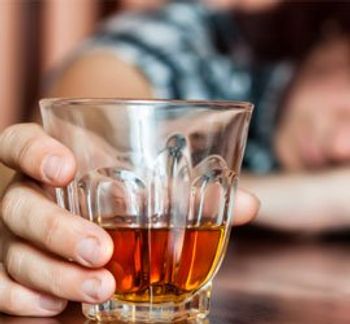
A diagnosis of depression, anxiety disorders, or bulimia may also indicate a heightened risk of excessive drinking.

Keeping up your energy at work is difficult with the stressors of COVID-19, social unrest, and the upcoming election. As a mental health professional, how can you help alleviate this fear?

VistaGen Therapeutics CEO Shawn Singh discusses what he and VistaGen are doing to create and improve treatments that complement your practice.
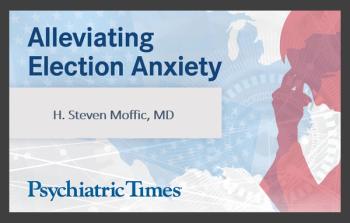
The physical and psychological symptoms of anxiety, such as feeling tense or having trouble concentrating, can be so uncomfortable that they cause behavioral changes. How might these components play out in, say, a Presidential election?

Benzodiazepines, a drug used to treat anxiety and other conditions, has been mandated to alter their safety warnings. Read about the latest.
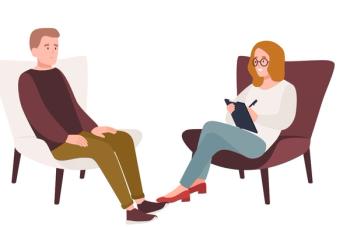
Job loss may negatively impact your patient’s mental health. Read about how you can help.
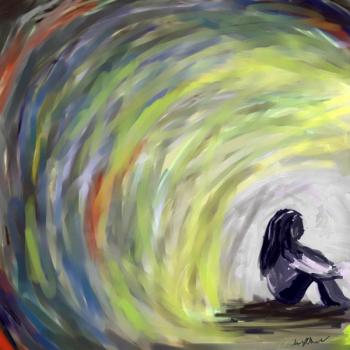
Studies around the world are measuring the effects of the pandemic on children and adolescents.

With partisan political warfare, civil unrest, and the presidential race, how can mental health professionals assess and address “election anxiety”?

Mental health providers who battle a pandemic may find that it unsettles their deepest sense of self.

Individuals who are anxious and depressed are more likely to avoid necessary medical care, even during a pandemic.

Dr Lavretsky invites us to use the pandemic as a chance to build good habits, explore spiritual avenues, and start new routines.


Some individuals refuse to wear masks or practice social distancing. Why? And what might change their minds?
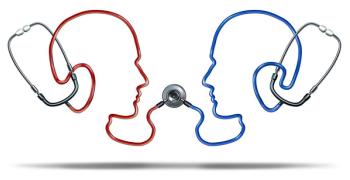
The next several years will present challenges and opportunities for psycho-oncology to improve care for patients.
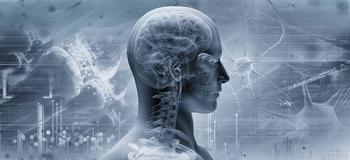
As we notice acts of kindness and allow them to guide us into new behaviors and habit loops, we replace worry and anxiety with altruistic thinking.
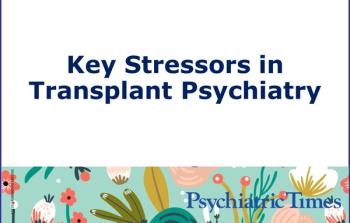
Here: A summary of indicators for stress and anxiety in patients undergoing transplantation, and why it is important for psychiatrists to be aware of these factors.
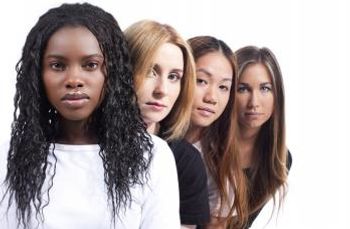
Psychiatry has changed, and we now have an acute awareness of the cost of sexual trauma to patients. When it comes to race, however, we still have a lot to learn.
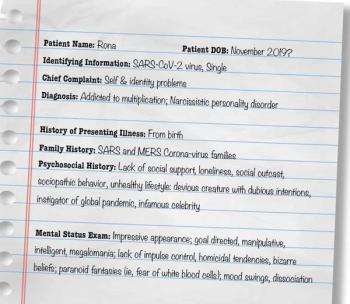
One can only hope today's challenges will become a “corrective emotional experience."

Do you live by the old adage not to discuss religion or politics? Or, do you welcome controversy and let the chips fall where they may?

Women should be provided with multiple options for treatment if they decide to engage in mental health care during this critical period.

With the National Conventions upon us, election coverage has started to increase in the news. Are you noticing more election anxiety in family, friends, and your community?
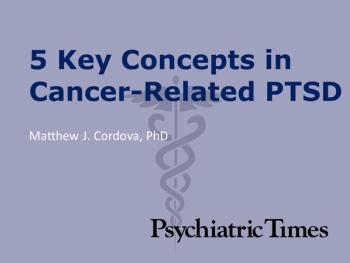
Are patients with cancer also vulnerable to PTSD?